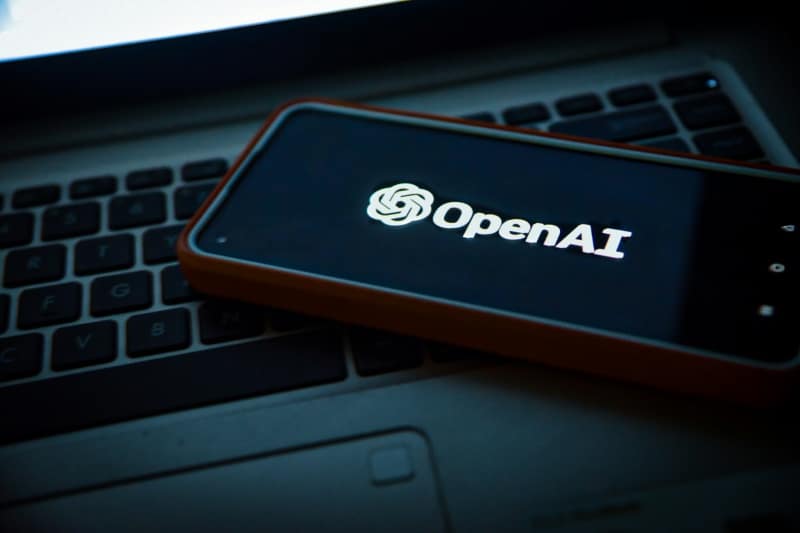OpenAI’s AI Coding Power Play: Why Cursor Said No and Windsurf Got the $3 Billion Nod

Hey folks, Chad here—your go-to for cutting through the AI hype and getting straight to what matters. The latest drama? OpenAI, the behemoth behind ChatGPT, tried to snap up Cursor, one of the hottest AI coding assistants on the market. But Cursor’s parent company, Anysphere, wasn’t having it. Instead, OpenAI set its sights on the up-and-coming Windsurf, dropping a jaw-dropping $3 billion offer. Let’s break down why Cursor said “no thanks,” why Windsurf is suddenly in the spotlight, and what this means for the future of AI-powered coding.
The Cursor Phenomenon: Too Hot to Handle
Cursor isn’t just another AI code helper—it’s become the tool developers are raving about. Built by Anysphere, Cursor’s growth is frankly bonkers. According to insiders, its revenue is doubling roughly every two months. That’s not a typo. The company’s annual recurring revenue (ARR) now sits at a whopping $300 million, and it’s still accelerating21.
With those numbers, it’s no wonder OpenAI came knocking. But Anysphere’s answer? A hard pass. Why? Because Cursor is on such a tear that selling—even to OpenAI—doesn’t make sense. The company wants to stay independent and is already in talks to raise more funding at a $10 billion valuation. When you’re printing money and developers love your product, why hand over the keys21?
Why OpenAI Is Shopping for Coding Startups
Let’s get real: OpenAI isn’t buying coding startups for fun. The competition in AI coding is fierce. Google’s Gemini and China’s DeepSeek are slashing prices and putting pressure on OpenAI’s core business model. Meanwhile, Anthropic and Google have both launched AI models that are outpacing OpenAI’s own models in coding benchmarks. Translation: OpenAI needs to level up—fast21.
Acquiring a hotshot coding assistant lets OpenAI skip the pain of building a developer-loved product from scratch. It’s a shortcut to relevance in the coding tools arms race. As Chris Farmer, a partner at Signal, told TechCrunch, “It’s existential for them.” In other words, if OpenAI doesn’t make a move, it risks being left behind21.
Windsurf: The Underdog with Rocket Boosters
With Cursor off the table, OpenAI pivoted to Windsurf—a smaller but surging player in the AI coding space. Windsurf’s ARR has shot up from $40 million in February to $100 million in just a few months. That’s the kind of growth that makes VCs and acquirers drool21.
Windsurf is carving out a niche with enterprise-focused solutions, making it especially attractive to big companies looking to supercharge their dev teams. While Windsurf hasn’t commented publicly, it’s clear they’re now in the driver’s seat. OpenAI’s $3 billion offer is a testament to just how much urgency there is to lock down a winner in this space21.
Cursor vs. Windsurf: The Showdown
Here’s how the two stack up:
| Feature | Cursor (Anysphere) | Windsurf |
|---|---|---|
| Annual Revenue | $300 million (and rising) | $100 million (up from $40M in Feb) |
| Growth Rate | Doubling every ~2 months | 2.5x in a few months |
| Independence | Wants to stay independent | Considering acquisition |
| Target Market | Broad developer appeal | Enterprise-focused |
| Acquisition Status | Turned down OpenAI | Received $3B offer |
Why Cursor Said No (And Why It Matters)
Cursor’s refusal to sell isn’t just about ego—it’s a strategic move. With explosive growth, a rabid user base, and a shot at a $10 billion valuation, Anysphere has every incentive to keep building. Selling now would mean missing out on what could be a much bigger payday down the road. Plus, staying independent lets Cursor keep innovating without Big Tech’s bureaucracy21.
OpenAI’s Bigger Picture: Survive or Thrive
For OpenAI, these acquisition attempts are about survival as much as growth. The coding assistant market is heating up, and whoever wins will have a massive influence over how the next generation of software gets built. If OpenAI can’t buy its way in, it risks losing ground to Google, Anthropic, and a swarm of hungry startups.
The VC Perspective: Popcorn Time
Venture capitalists are glued to this saga. Developer tools are white-hot, and every move by OpenAI, Cursor, or Windsurf could reshape the landscape. If Cursor keeps its independence and Windsurf cashes out, we might see even more startups sprinting for scale—or waiting for their own billion-dollar offer.
What’s Next?
- Will Windsurf take the $3 billion and run, or hold out for more?
- Can Cursor keep up its insane growth and stay independent?
- Will OpenAI try to build its own killer coding assistant if acquisitions fall through?
- How will Google, Anthropic, and DeepSeek respond as the race heats up?
One thing’s for sure: the battle for AI-powered coding is just getting started, and the stakes are only going up.